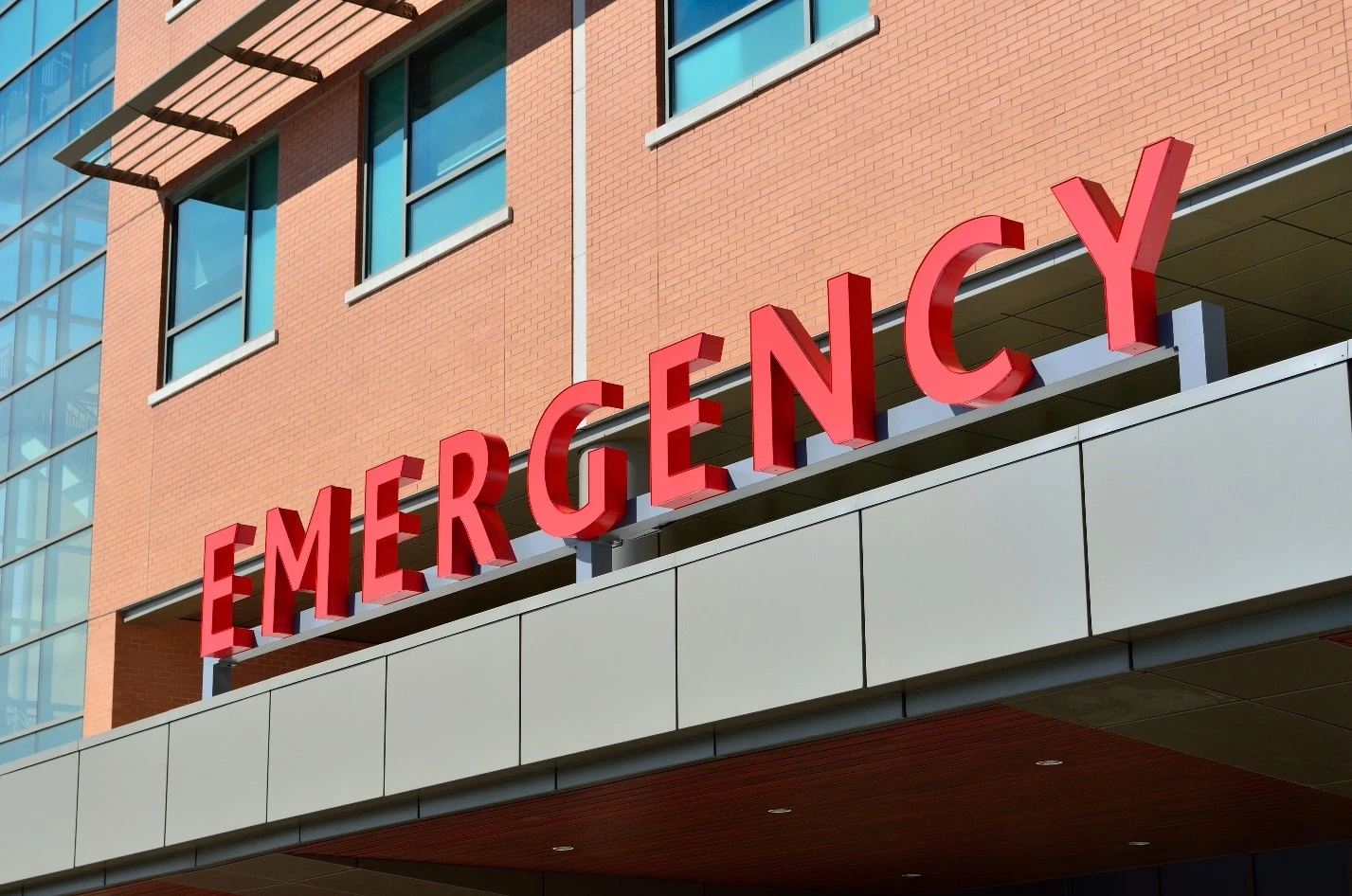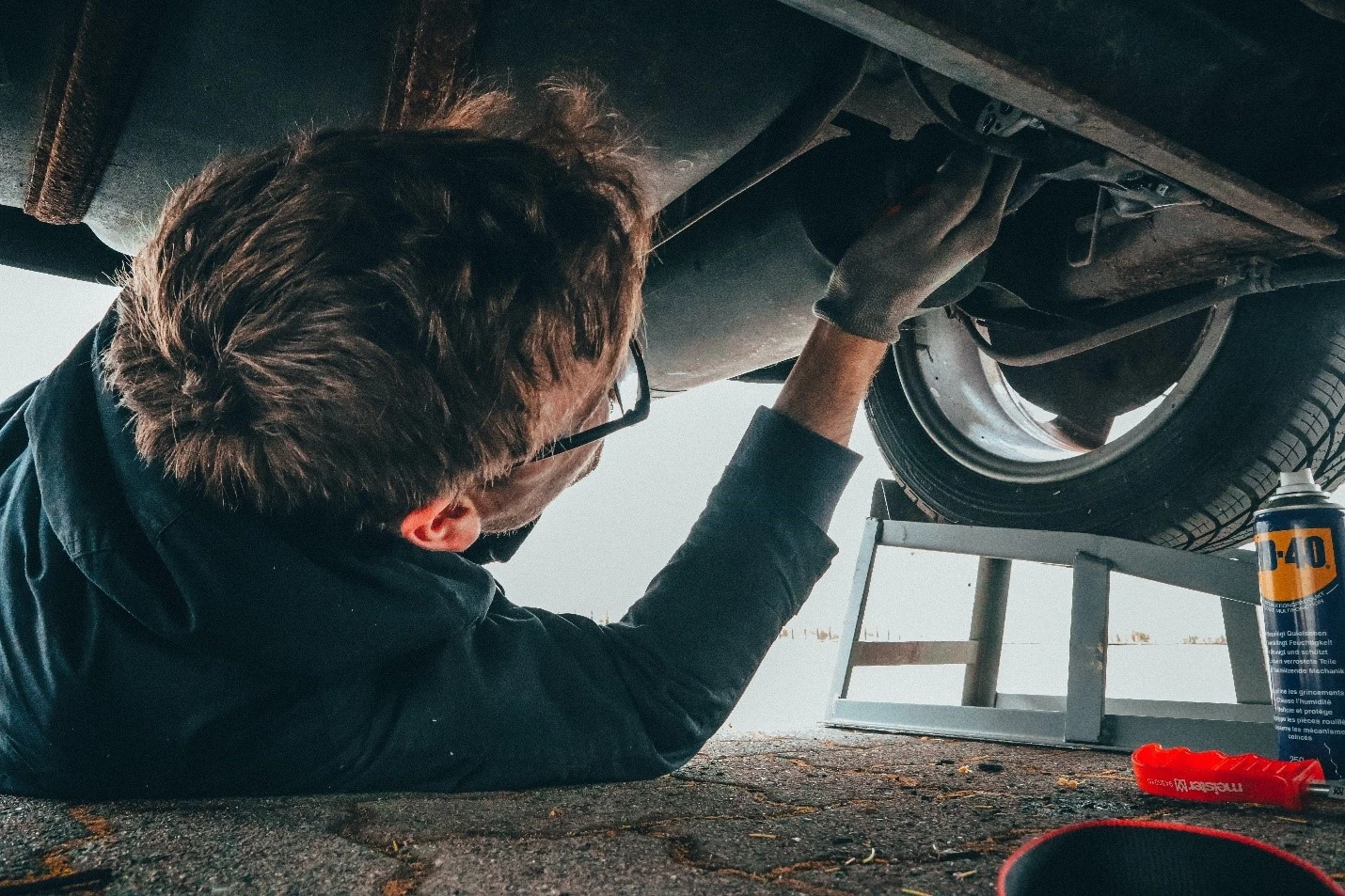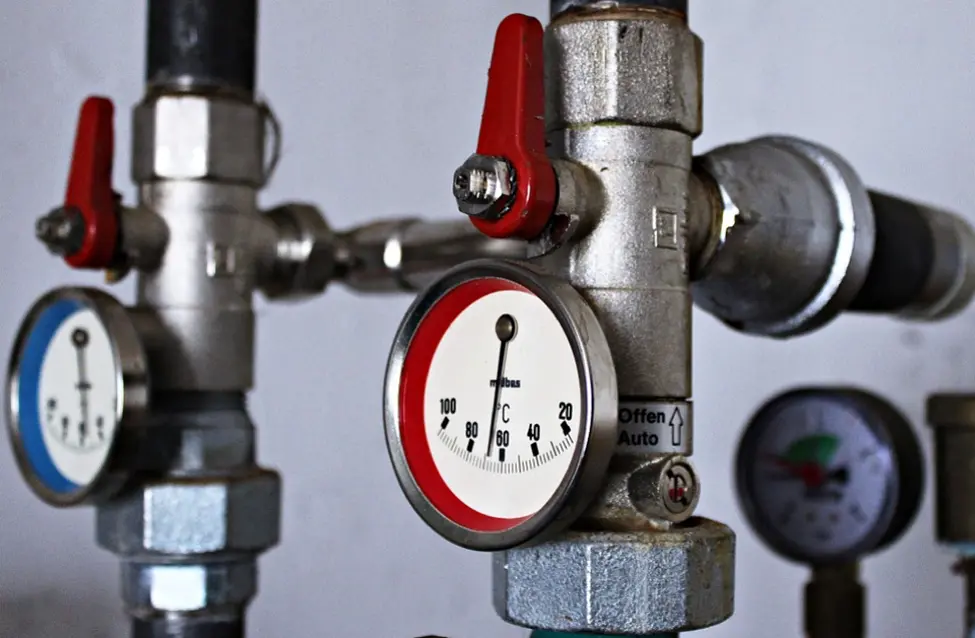Categories

Emergencies can happen to anyone, at any time, and often without warning. When these emergencies involve finances, it can be particularly stressful and overwhelming. From job loss to unexpected medical bills, there are many types of financial emergencies that can arise in Canada. In this article, we'll explore five common types of financial emergencies in Canada and offer some tips on how to survive them.
1. Job Loss
Losing your job can be a devastating financial blow, particularly if you have no other source of income. However, there are steps you can take to survive this type of financial emergency.
First, apply for Employment Insurance (EI) as soon as possible. This program provides temporary financial assistance to Canadians who have lost their jobs through no fault of their own. You may be eligible for EI if you've been working for a certain period of time and have paid into the program. The amount of money you'll receive through EI will depend on your previous earnings, but it can help cover some of your expenses while you look for a new job.

It's also important to cut back on your expenses as much as possible. Take a close look at your budget and identify areas where you can trim costs. For example, you may need to cancel subscriptions or memberships, or cut back on entertainment expenses.
Finally, consider taking on part-time or temporary work while you search for a new job. This can help bring in some income and reduce your reliance on EI or savings.
2. Medical Emergencies
Medical emergencies can be particularly expensive in Canada, even for those with comprehensive health insurance. If you or a family member experiences a medical emergency, it's important to take action quickly to minimize the financial impact.
First, review your health insurance policy to understand what is covered and what is not. This can help you anticipate the costs you may incur and plan accordingly. If you don't have health insurance, consider applying for a government-sponsored plan or purchasing a private plan.
Next, negotiate with your healthcare provider to see if you can reduce your bill. Some providers may be willing to work with patients to set up payment plans.
You can also look into government programs that provide financial assistance for medical expenses, such as the Medical Expense Tax Credit. This program allows Canadians to claim tax credits for certain medical expenses, such as prescription drugs and medical equipment.
If you're unable to pay your medical bills, consider speaking with a credit counsellor or financial advisor. They can help you develop a plan to manage your debt and avoid financial hardship.
3. Car Repairs
Car repairs are another common financial emergency in Canada. If your car breaks down unexpectedly, it can be difficult to get around, especially if you live in a rural area or don't have public transportation options.
To prepare for car repairs, make sure you have adequate car insurance coverage and review your policy to understand what's covered and what's not.

Additionally, set aside money in an emergency fund specifically for car repairs. Routine maintenance can help prevent some problems, but unexpected repairs can still happen. Having a fund to cover these expenses can help reduce stress and financial strain.
4. Natural disasters
Natural disasters such as floods, earthquakes, or wildfires can cause significant financial losses. If you live in an area prone to natural disasters, it is essential to prepare for them by having adequate insurance coverage and creating an emergency fund. Review your insurance policies to ensure that they cover the specific risks in your area.
In case of a natural disaster, take immediate steps to protect yourself and your loved ones. Follow the instructions of local authorities and evacuate if necessary. Once it is safe to return, assess the damage to your property and document it with photos and videos. Notify your insurance provider immediately and file a claim.
To recover from a natural disaster financially, take advantage of government programs and community resources. The government may offer emergency financial assistance to those affected by natural disasters, such as Disaster Financial Assistance Arrangements (DFAA).
You can also seek help from community organizations or charities that provide relief and support during natural disasters. These organizations may offer emergency financial assistance, food, shelter, or other essentials. Finally, consider taking advantage of tax deductions or credits for natural disaster-related expenses.
5. Emergency Home Repairs
Emergency home repairs can be incredibly stressful, especially if you're unprepared for them. However, there are a few things you can do to survive them and minimize the damage.
Firstly, it's important to have a basic understanding of how to turn off your home's utilities. This means knowing where the main water shutoff valve, gas shutoff valve, and electrical panel are located. If you're experiencing a plumbing issue or gas leak, being able to turn off these utilities can prevent further damage and potentially save your life.
In addition, having a basic toolkit can be incredibly helpful. This should include items like a flashlight, pliers, screwdrivers, and duct tape. You never know when a small repair will be needed and having the right tools on hand can make all the difference.
It's also a good idea to have a plan in place for who you can call in case of an emergency. This might include a trusted plumber, electrician, or handyman. Having their contact information on hand can save you time and stress when you need it the most.

When faced with an emergency home repair, it's important to stay calm and assess the situation before taking action. Rushing into a repair without fully understanding the problem can sometimes make things worse. If you're unsure of how to proceed, don't hesitate to call in a professional.
Finally, it's important to have a backup plan in case you need to leave your home due to an emergency repair. This might mean staying with family or friends, booking a hotel room, or finding alternative accommodation. It's better to be safe than sorry, especially if your home is uninhabitable due to an emergency repair.
By being prepared and having a plan in place, you can survive emergency home repairs with minimal stress and damage.
Be Smart in Emergency Situations
Financial emergencies can be overwhelming, but being prepared can help you survive them. Create a budget, prioritize your spending, and seek professional advice if necessary. Take advantage of government programs and community resources to help you recover financially. Finally, remember to take care of your mental and physical health during these challenging times.
Disclaimer: This page provides general information only and does not constitute financial, legal or other professional advice. For full details, see Fora’s Terms of Use.



